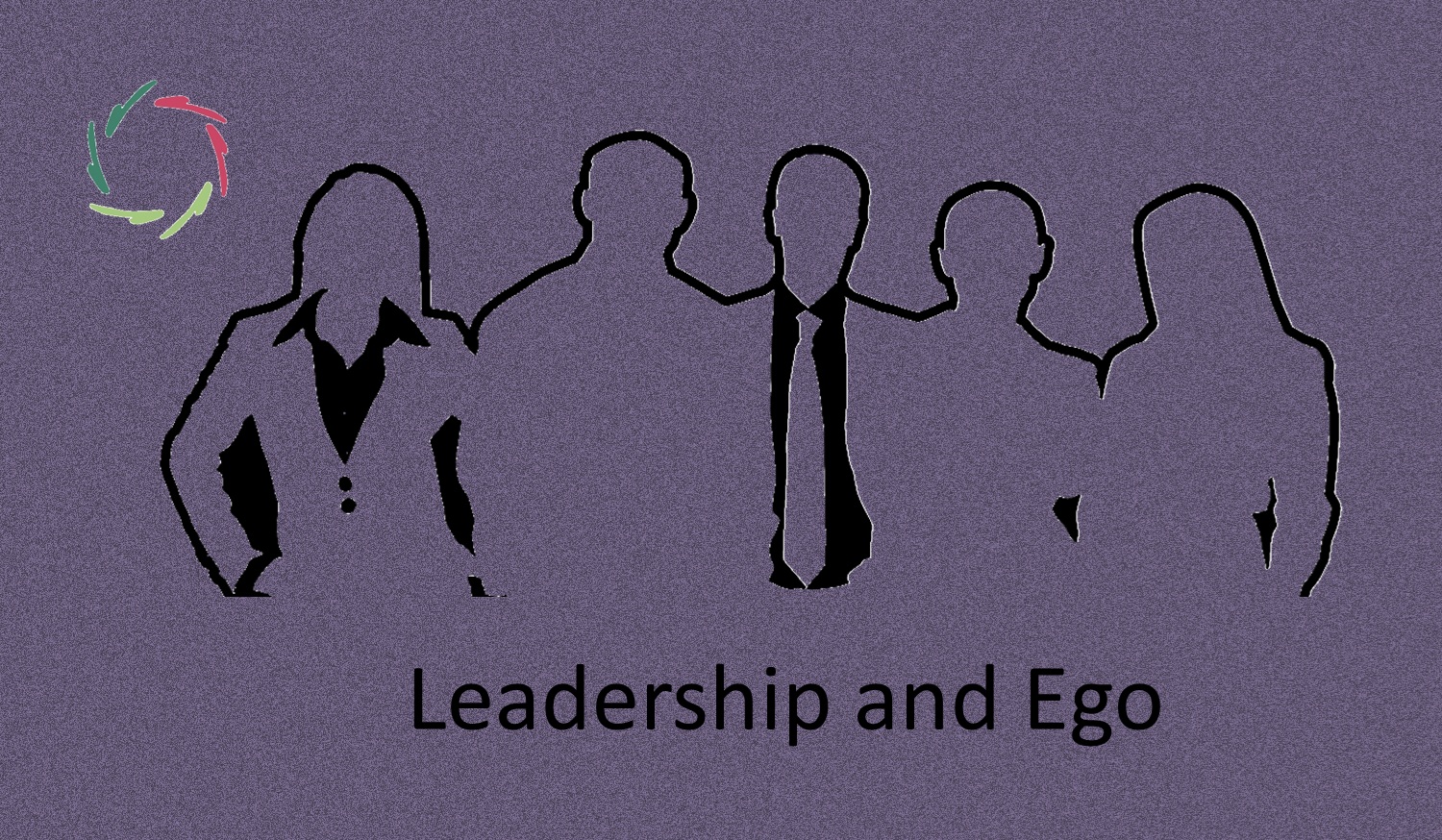Leadership and Ego

Leaders who move beyond ego to serve a greater good do more than guide; they inspire, uplift, and drive meaningful change. But how do we cultivate such leaders? How can we encourage leaders to look inward and evolve continuously?
Here, we explore how AURELIS principles and Lisa – Aurelian executive A.I. coach – offer a path to nurture leaders who embody integrity and depth. You find more about this in these Open Leadership blogs.
Plato’s vision: the philosopher-leader
Plato, in The Republic, envisioned the ideal leader as a philosopher – a ‘lover of wisdom’ – who pursues truth and goodness beyond personal gain. To Plato, only those who undergo rigorous inner training, particularly through dialectics (a process of questioning and reasoning), can reach a level of understanding necessary for wise leadership. This dialectical method serves as a kind of mental discipline, pushing beyond surface knowledge to the essence of truth, including the highest ideal: the Form of the Good.
Plato’s insights align remarkably with AURELIS principles, particularly the idea that rationality and depth must work in tandem. His ideal of the philosopher-leader points to a timeless truth: leadership grounded in wisdom transcends ego. However, where Plato’s ideas remain bound to ancient philosophy, AURELIS advances these concepts, integrating modern neuroscience and psychology to create practical, accessible tools for today’s leaders.
A vision of leadership as total self
This builds on Plato’s foundation, advancing the path of inner growth to help leaders connect with their total self. This concept refers to the broader, integrated self that operates beyond mere ego, incorporating subconscious and subconceptual motivations. In the Aurelian view, real leadership stems from this total self, which is open, flexible, and deeply aware of its impact on others ― envisioning leadership as an evolving journey.
Lisa embodies this philosophy in her executive coaching. Through personalized sessions, she supports leaders as they connect with deeper layers of their own minds, encouraging self-awareness, resilience, and ethical grounding. For leaders, this approach is transformative.
Aurelian autosuggestion as Socratic dialogue, elevated
In traditional Socratic dialogue, questions reveal contradictions or gaps in one’s knowledge. Aurelian autosuggestion takes this a step further by inviting answers to emerge organically from the deeper mind. This process gently guides the leader to access and integrate subconscious insights, creating space for answers to grow from within.
When Lisa uses Aurelian autosuggestion in executive coaching, the goal isn’t just to fix problems but to foster a sustained, evolving inner growth. This method encourages leaders to engage in ongoing self-reflection, allowing their insights to develop naturally and in alignment with their total self. This elevated dialogue nurtures qualities such as humility, authenticity, and openness to change, all essential for a leader who aims to inspire rather than control.
Lisa: a partner for lifelong growth
In leadership, continual self-development is vital, and this is where Lisa’s role as an Aurelian coach is particularly powerful. Lisa serves as a facilitator of the leader’s deeper journey, not by providing prescriptive answers but by guiding leaders to explore their own inner landscape.
This type of coaching encourages self-sustaining growth. Leaders come to rely not on external approval or status but on their evolving insights and inner strength. Lisa’s approach supports them in revisiting their motivations and values throughout their careers, allowing their leadership style to adapt with each new challenge.
Openness, depth, respect, freedom, and trustworthiness
Each of these five Aurelian values reinforces the others, forming a framework that keeps leaders aligned with their total self rather than being swayed by ego.
- Openness: A leader who is genuinely open remains receptive to new ideas and growth, respecting the insights of others and their own inner evolution.
- Depth: Depth allows leaders to connect with themselves and others beyond the surface level, fostering decisions that consider long-term impacts and ethical implications.
- Respect: True respect extends to oneself and others as whole beings, recognizing the value in each person’s perspective and experience.
- Freedom: A freedom-centered leader supports autonomy for himself and those he leads, encouraging self-responsibility and individual growth.
- Trustworthiness: Trust is earned through integrity, aligning actions with values and building genuine relationships based on reliability and honesty.
Practical steps
For leaders and coaches interested in integrating Aurelian principles, here are some practical steps:
- Leaders can engage in exercises that align their subconscious motivations with conscious goals. Lisa can guide them through these sessions, helping them connect with their total self.
- Leaders might keep a record to explore values, challenges, and the ways in which they handle decisions. This fosters a habit of self-reflection that strengthens openness and self-awareness.
- Practicing decisions based on the five Aurelian values – while being coached by Lisa, for instance – helps leaders reinforce their commitment to these principles in everyday actions.
For executive coaches, Lisa’s approach offers a model to encourage deep listening and an open, non-directive stance. This allows the leader to discover and grow at their own pace, supported by a coaching relationship rooted in respect and trust.
A call to evolve leadership beyond ego
Leadership that goes beyond ego to embrace the total self is a powerful force for change. Leaders who commit to self-transcendence and inner growth can inspire others to do the same, creating an environment where people feel seen, valued, and motivated to bring their best.
By drawing from both ancient wisdom and Aurelian principles, Lisa’s executive coaching guides leaders along a path that fosters genuine depth and ethical grounding. This is leadership as it was meant to be: an evolving journey that transforms not only the leader but everyone they touch.
If we embrace this direction, we move closer to a world where leaders don’t just seek success; they gladly cultivate the values and integrity that make a lasting impact.


